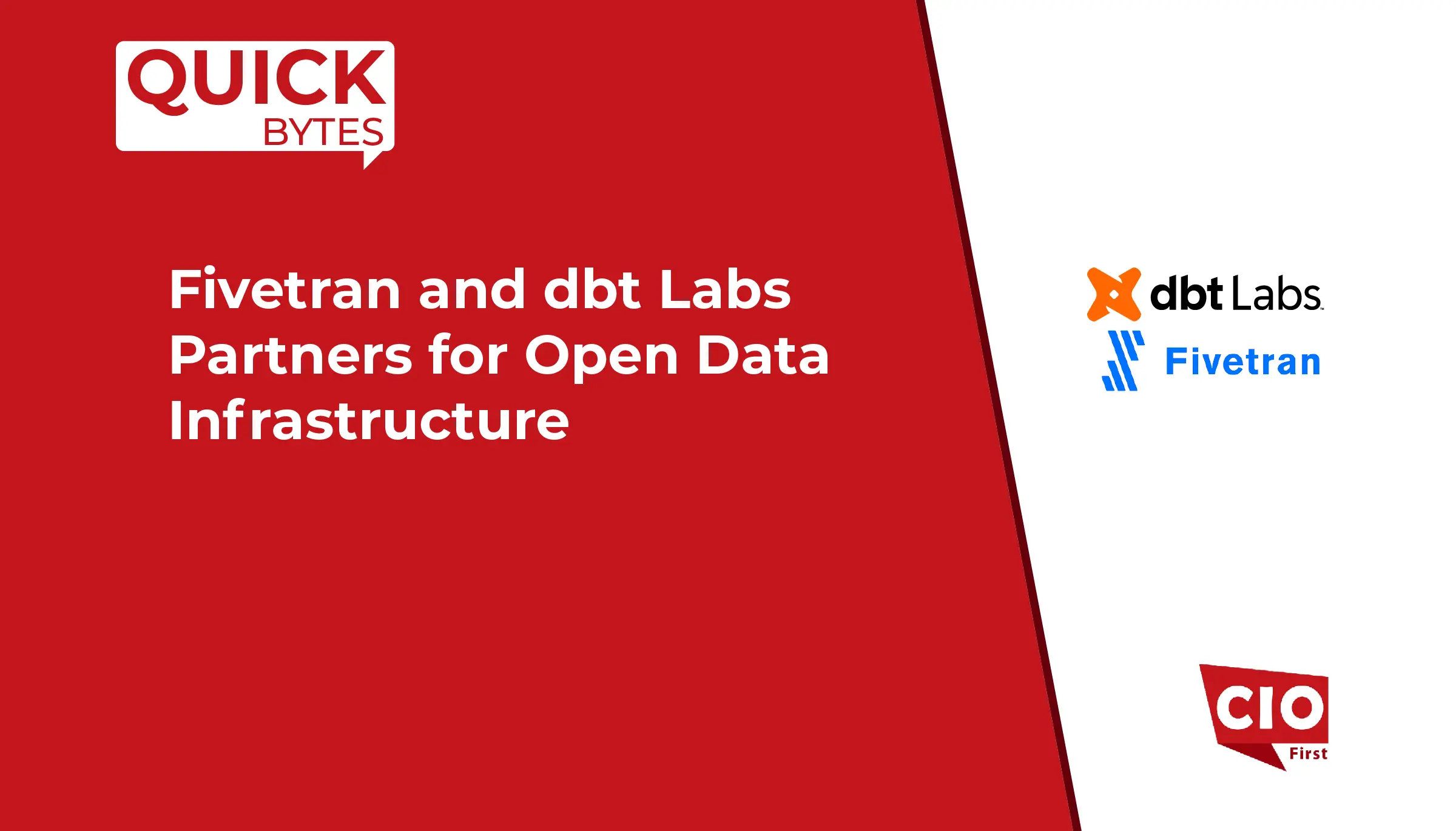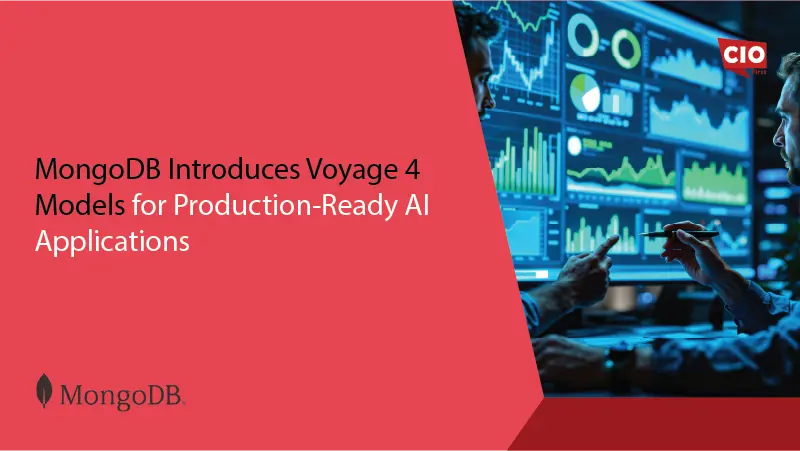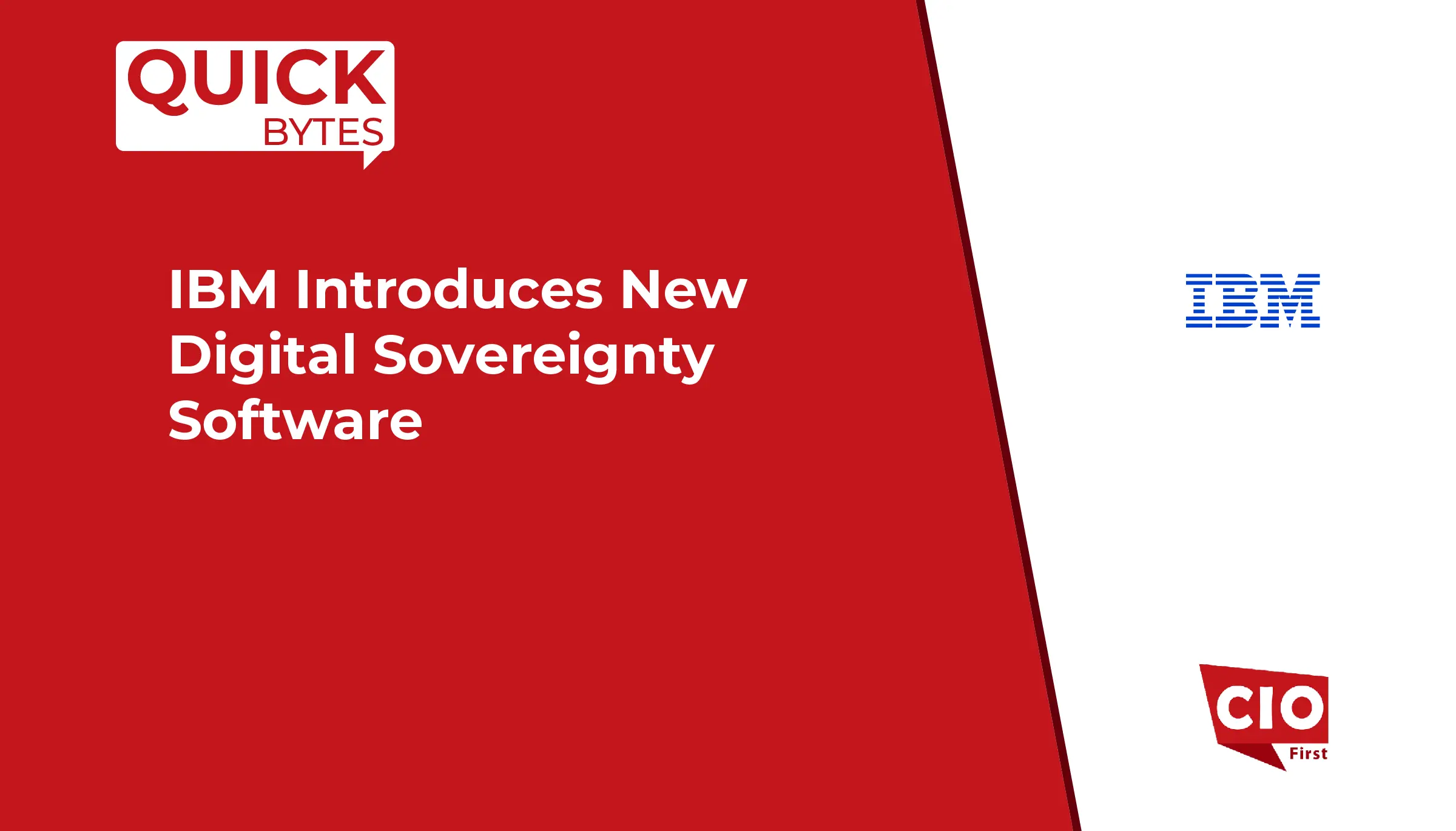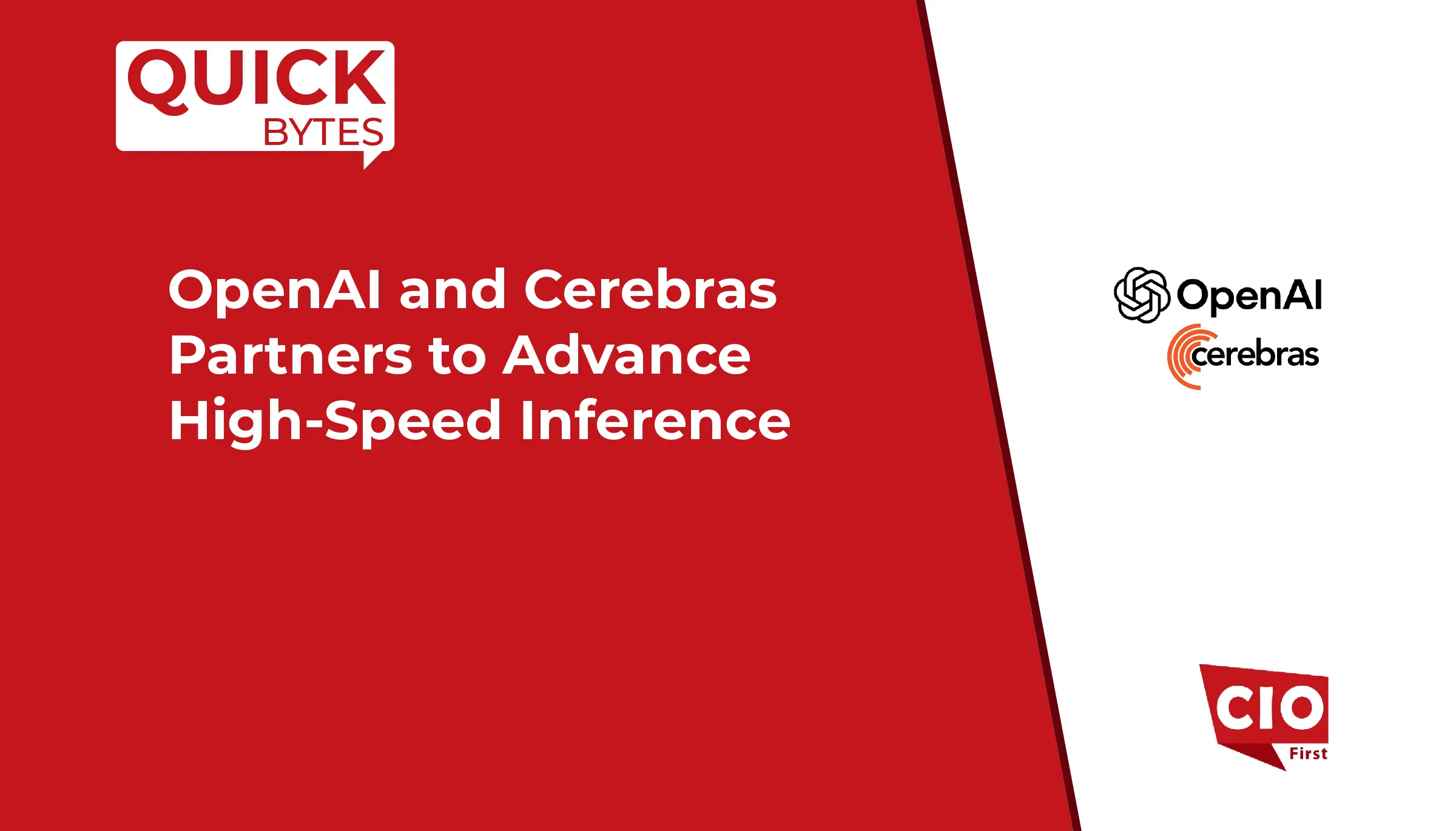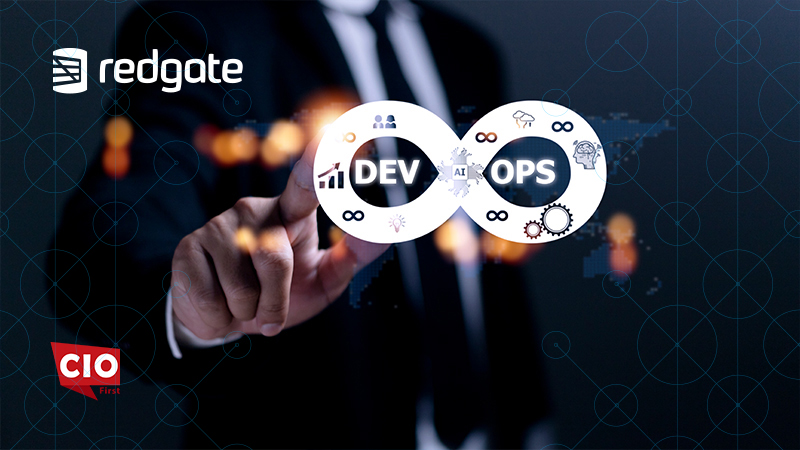Salesforce, a top name in CRM and enterprise AI, has finished buying Informatica. Informatica is known for its cloud-native data management and AI-driven data infrastructure. The deal, worth about US$ 8 billion, adds Informatica’s strong data tools to Salesforce. These tools include catalog, integration, governance, data quality, privacy, metadata management, and master data management (MDM).
Marc Benioff, Chair & CEO of Salesforce, emphasized that clean, connected, and trustworthy data is the foundation of effective AI. “Without clean, connected, trusted data there is no intelligence – only hallucination,” he said, underlining the strategic importance of Informatica’s technologies for Salesforce’s Agentforce 360 AI platform.
What the Acquisition Brings
Unified Data Foundation for AI: By combining Informatica’s data management strengths with its existing Data Cloud, MuleSoft, Tableau, and Customer 360 offerings, Salesforce is building a comprehensive “system of understanding” for its agentic AI.
Metadata & Lineage Transparency: Informatica’s data catalog and lineage tools will provide visibility into data origins, transformations, and usage — crucial for AI auditability, regulatory compliance, and explainability.
Governance & Trust: With MDM, data quality controls, and privacy policies baked in, the integrated platform will offer enterprise-grade governance to support large-scale AI deployments.
Financial Outlook: Salesforce expects the deal to be accretive on a non-GAAP operating margin and earnings per share basis within 12 months – a year earlier than originally projected.
Impacts on the Business Tech Analytics Industry
From a business technology analytics perspective, the Salesforce-Informatica deal could reshape how companies approach data, AI, and analytics in several important ways.
1. Data Becomes a Core Pillar of AI Analytics
By embedding Informatica’s data management directly into its AI platform, Salesforce is treating data not just as an input, but as a strategic asset that powers intelligent agents. This integration ensures that analytics-driven AI decisions are based on well-governed, trustworthy data – which is a critical shift for business analytics teams.
2. Enhanced Analytics Accuracy & Trust
Analysts and BI pros use Informatica’s improved metadata, data lineage, and quality checks to achieve success. Tableau, Salesforce‘s BI and visualization tool, connects to the unified data layer. This gives you more accurate and context-aware dashboards. These visualizations are built on a reliable foundation.
3. Stronger Risk & Governance Analytics
Good analytics isn’t just about insight – it’s also about governance. The combined stack includes tools designed for business risk analysts, compliance officers, and data stewards. These tools help enforce data policies, privacy controls, and master data rules. That tightens the feedback loop between analytics and data governance.
Also Read: NVIDIA and RIKEN Unveil Supercomputers for AI & Quantum Computing
4. Scale for Autonomous Agents & Low-Code AI
Salesforce’s Agentforce platform helps create and launch AI agents. It now has a stronger, data-rich backbone. Informatica gives agents access to unified, real-time enterprise data. This can quicken agentic AI workflows. Examples include automated customer service agents and AI-driven tasks. Low-code tools can further support this across enterprises.
5. Competitive Pressure & Innovation
This acquisition makes Salesforce a stronger competitor. Now, it can better rival other enterprise analytics and AI firms. It sets a new standard for data and AI platforms. This challenges competitors to boost their data management and analytics tools. In business tech analytics, you get faster innovation, better integrations, and new partnerships.
Implications for Businesses
Enterprise Customers: Companies using Salesforce will gain access to deeper, more reliable data capabilities for AI and analytics – reducing the risk of “garbage in, garbage out” in ML/AI projects.
Informatica Customers: Existing Informatica clients could benefit from tight integration with Salesforce’s ecosystem, including seamless connectivity to BI tools (Tableau), integration engines (MuleSoft), and AI agents.
Analytics Teams & Data Engineers: These teams may need to adapt to the new platform. They can use better metadata and governance features. This helps create more reliable analytics pipelines and ML models.
Regulated Industries: Companies in finance and healthcare will benefit from better lineage, improved governance, and clearer data quality. These aspects are key for meeting compliance requirements.
SMBs to Large Enterprises: Large enterprises can quickly use this deal’s full potential. Small and midsize businesses can now use integrated data and AI tools together. They no longer need separate tools for this.
Challenges & Considerations
Integration Risk: Merging complex data platforms and business processes can be challenging. We might face some challenges at first. This includes aligning technical stacks, metadata models, and security policies.
Cultural & Operational Change: Data, AI, and analytics teams might need to change their workflows. This will help them use the new unified architecture better. This may involve retraining or reengineering existing pipelines.
Licensing & Cost: Merging platforms can be helpful. Customers should think about licensing and total ownership costs. They should also ask if the new options are worth the investment.
Autonomous AI Governance: As Agentforce becomes independent, businesses must ensure AI decisions are clear, responsible, and align with company policies.
Conclusion
Salesforce’s purchase of Informatica changes the business tech analytics scene. Salesforce is adding enterprise-grade data management to its AI and analytics platform. This will create smarter, more reliable, and scalable AI. It’s all backed by a unified and governed data foundation.
For data-focused companies, this is a key moment. Data-driven AI is shifting from a scattered goal to a unified, large-scale reality. This integration could change how businesses handle, analyze, and use data in the age of autonomous intelligence.







